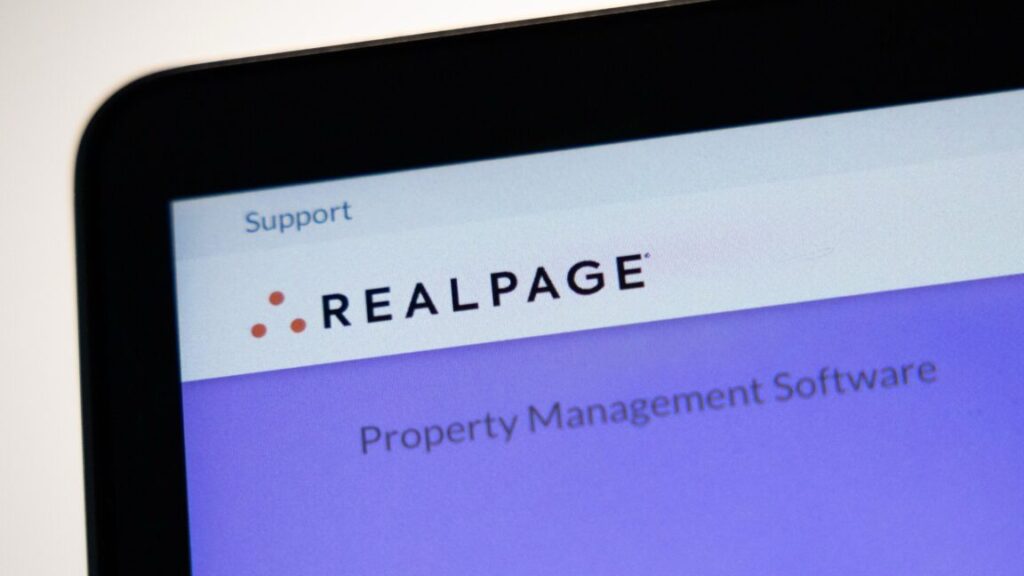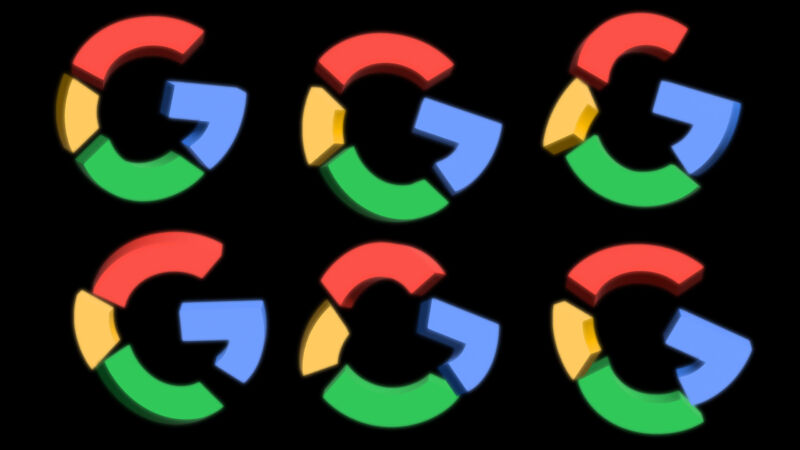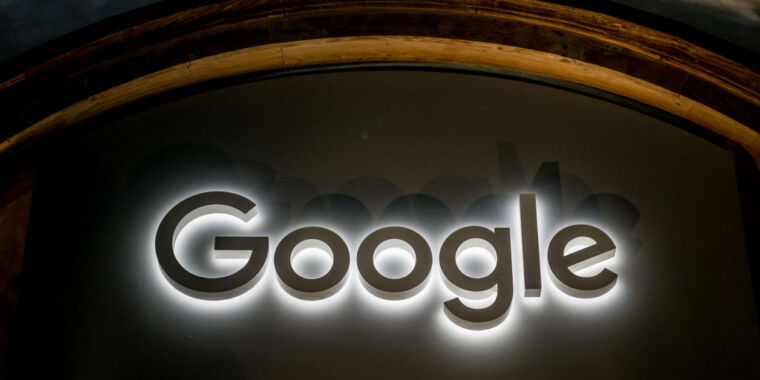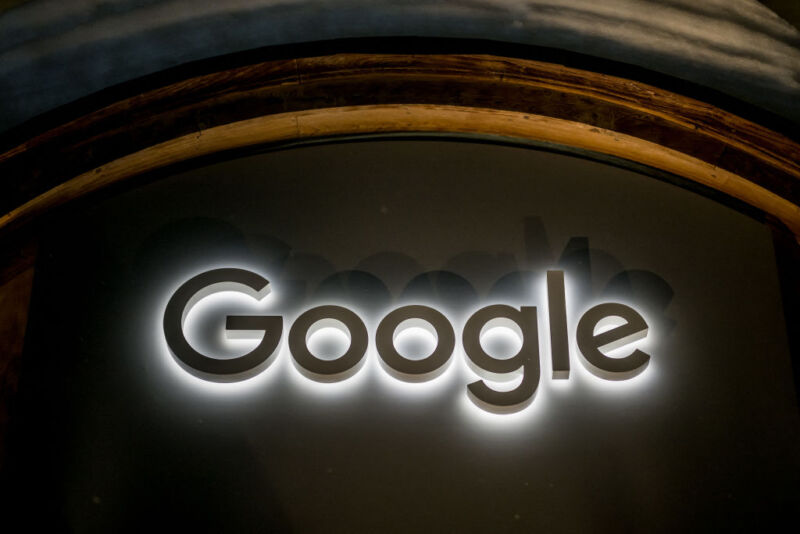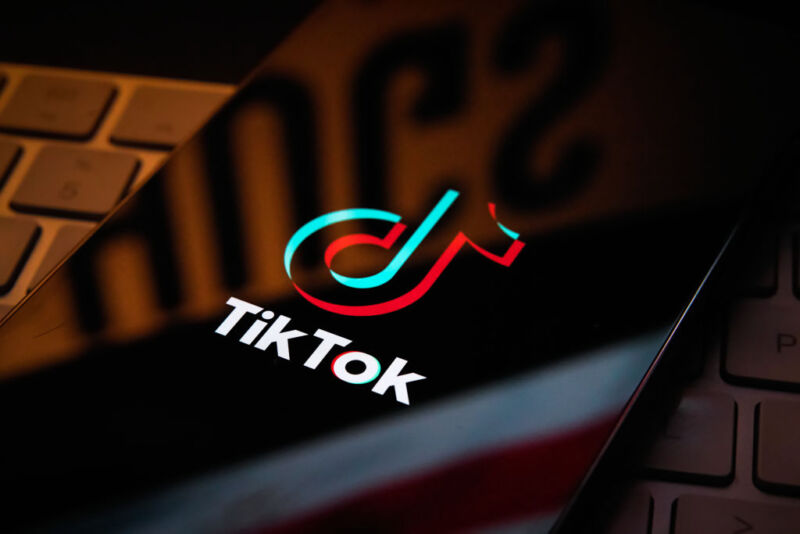Chrome on the chopping block as Google’s search antitrust trial moves forward
The remedy phase of Google’s search antitrust trial is getting underway, and the government is seeking to force major changes. The next few weeks could reshape Google as a company and significantly alter the balance of power on the Internet, and both sides have a plan to get their way.
With opening arguments beginning today, the US Justice Department will seek to convince the court that Google should be forced to divest Chrome, unbundle Android, and make other foundational changes. But Google will attempt to paint the government’s position as too extreme and rooted in past grievances. No matter what happens at this trial, Google hasn’t given up hope it can turn back time.
Advantage for Justice Dept.
The Department of Justice (DOJ) has a major advantage here: Google is guilty. It lost the liability phase of this trial resoundingly, with the court finding Google violated the Sherman Antitrust Act by “willfully acquiring and maintaining monopoly power.” As far as the court is concerned, Google has an illegal monopoly in search services and general search advertising. The purpose of this trial is to determine what to do about it, and the DOJ has some ideas.
This case, overseen by United States District Judge Amit Mehta, is taking place against a backdrop that is particularly unflattering for Google. It has been rocked by loss after loss in its antitrust cases, including the Epic-backed Google Play case, plus the search case that is at issue here. And just last week, a court ruled that Google abused its monopoly in advertising tech. The remedies in Google’s app store case are currently on hold pending appeal, but that problem is not going away. Meanwhile, Google is facing even more serious threats in the remedy phase of this trial.
The DOJ will come out guns blazing—it sees this as the most consequential antitrust case in the US since the Microsoft trial of the 1990s. The effects of breaking up Google could even rival the impact of antitrust actions against AT&T and Standard Oil decades earlier. We also expect to be reminded repeatedly that virtually every state has joined the government’s case against Google, indicating wide understanding that the market is not operating fairly.

It’s no secret that incentives at the federal level are shifting as the second Trump administration politicizes the Justice Department to an unprecedented degree. Despite the new divisions, opinions are remarkably unified on the Google search case. The DOJ team has successfully made the case that Google is a monopolist, and now they have to enforce the law. The new conservative leadership sees Google as a principal source of the “censorship” of right-wing ideology, which they largely interpret as a downstream effect of Google’s undue market power.
This phase of the case is not about whether or not Google did it; the goal is to decide how to change Google. The DOJ tells Ars that it believes Google’s proposed remedies are anemic and won’t move the needle at all. In this case, government lawyers will argue that the playing field cannot be leveled unless Google gives something up, and that something ought to be Chrome. The government will attempt to show that Google’s handling of Chrome creates a barrier to competition, preferencing Google’s services over the competition.
The DOJ has suggested there are numerous entities that could acquire Chrome and instantly realign online markets, but Google is going to push back hard on that. The government will counter by producing multiple witnesses from Yahoo, DuckDuckGo, Microsoft, and others to explain how their search businesses were stymied by Google and how hacking off Chrome could rectify that.
The DOJ is also interested in Google’s search placement deals—for example, paying Apple and Mozilla billions of dollars to make Google their default search engine. In the government’s view, this forced rivals to nibble around the edges after being locked out by Google’s contracts. The DOJ will try to have these contracts banned in addition to forcing the sale of Chrome.
Not done fighting
Google has already announced its preferred remedies in this case, which amount to less exclusivity in search contracts and more freedom for Android OEMs to choose app preloads. Google says it would also accept additional government oversight to ensure it abides by these remedies.
In the remedy phase, Google will try to portray the Justice Department’s proposal as heavy-handed and emblematic of the agency’s “interventionist agenda.” We expect to see Google looking for any opportunity to make the DOJ look out of touch with the realities of technology today.
Google says it will spend a lot of time arguing against the DOJ’s attempt to end search placement deals, and it will have some backup here in the form of representatives from Mozilla and Apple, both of which are paid billions of dollars per year to make Google their default search engine. These firms will explain Google’s services are the best available, and that’s why they use them. In the case of Mozilla, almost all the foundation’s revenue comes from Google, and Google doesn’t dispute that. In fact, it has noted in the past (and surely will again at the trial) that Mozilla would fold without all that Google money, and that’s bad for user choice. However, the DOJ will probably point out that the massive revenue Apple and Mozilla get from these deals makes their testimony less reliable.
Another pillar of Google’s opposition will be the privacy and security implications of the DOJ’s demand for data sharing. The DOJ will claim this is essential to help other search providers to compete, but Google will paint this as a threat to the privacy of user data. And then there’s the national security angle, which Google has been pushing harder since the start of the year.
More than anything else, Google doesn’t want to lose Chrome. We expect to see Google’s established opposition to Chrome divestiture cranked up to 11 in the remedy phase. The company will no doubt be able to point to many instances where it acted as a benevolent steward of the open web through the dominance of Chrome. It chose to make Chromium open source and has kept it that way, even though it could have made more money keeping the code to itself.

Credit: Getty Images
There is uncertainty about the future of Chrome if it’s sold off, and a Google spokesperson suggests the company will capitalize on that. Google’s legal team will forecast a world in which Chrome has become less secure without Google’s involvement, the Chromium project has crumbled, and browser choice has cratered. Google says its goal of providing easy access to its products and services gives it a strong incentive to keep Chrome free and open, which may not be the case for its new owner. The DOJ would call that self-dealing, of course.
While the government has backed away from the stringent AI investment limits in its original remedy request, Google still worries its AI efforts could be hampered by limits on self-dealing. We expect Google to talk about the rapid pace of changes in AI today, portraying this case as too focused on how the search market worked a decade ago. The company may even go so far as to admit it’s losing ground to the likes of OpenAI as more people use AI to get answers to their questions instead of traditional web search. But can a company worth $2 trillion count on anyone feeling sorry for it?
A time of consequence
The trial will run for a few weeks, and later on, we’ll learn what remedies the court has decided to impose. That doesn’t mean anything will change for Google in the short- or medium-term, though. All the lawyering should be done by early May, and then it’s up to Judge Mehta to decide on the final remedies, which could come as late as August 2025.
That won’t be the end of things. Google is adamant that it plans to appeal the case, but it has to go through the remedy phase first. Google may be able to get the remedies paused while it pursues a new verdict, similar to the current state of the app store case. Much of what the DOJ wants would fundamentally alter the nature of Google’s business, making it difficult to undo the changes if Google does prevail on appeal.
Even if Google can maintain the status quo for the foreseeable future, the company could be headed into Google I/O in late May with a sword of Damocles dangling over its metaphorical head. Google has enjoyed years of growth so stupendous and unprecedented that it reshaped media and commerce. If Google is forced to give up a key product like Chrome or lose its default status in popular products, there’s no telling how the Internet could change. One thing is certain, though. The next few weeks will be the most consequential for Google since it went public more than 20 years ago.
Ryan Whitwam is a senior technology reporter at Ars Technica, covering the ways Google, AI, and mobile technology continue to change the world. Over his 20-year career, he’s written for Android Police, ExtremeTech, Wirecutter, NY Times, and more. He has reviewed more phones than most people will ever own. You can follow him on Bluesky, where you will see photos of his dozens of mechanical keyboards.
Chrome on the chopping block as Google’s search antitrust trial moves forward Read More »





